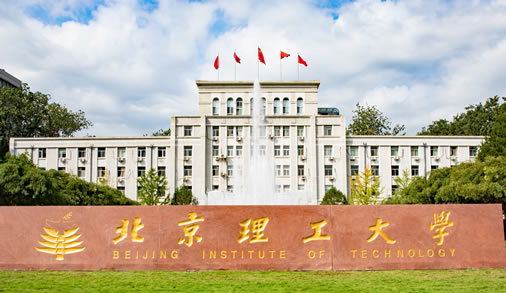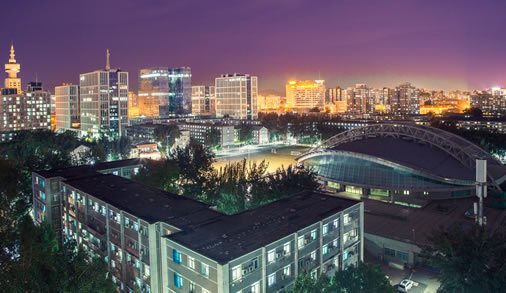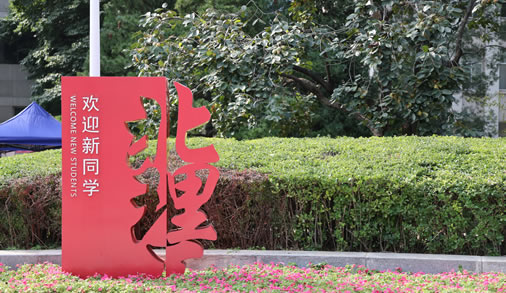

Updated: 2023-10-30
The School of Life Science was established in 2002. It consists of the Department of Biology, the Department of Biomedical Engineering, the Institute of Space Biology and Medical Engineering, and the Biological Experiment Teaching Center. The college aims to cultivate a philosophy focused on "health, happiness, unity, and development".
The school has formed a complete discipline system in life science. It focuses on refining disciplinary directions and emphasizes the integration of science and engineering, medicine and engineering, as well as modern medicine and traditional medicine, which gives it distinct characteristics.
The school has three main research areas: basic research in biology and medicine, biomedical engineering research, and biomedical research. It offers two doctoral programs in biomedical engineering and biology, as well as a postdoctoral mobile station. It also provides master's programs in biomedical engineering and biology. The school has two national defense key disciplines in biochemistry and molecular biology, and space biology and medical engineering. Furthermore, it has a key discipline in integrated medical and industrial engineering.
There are 119 faculty and staff members, including 75 full-time teachers. Over 98 percent of the full-time teachers hold a doctoral degree, and more than 75 percent have studied and worked abroad. It has renowned academicians and talented individuals, making its faculty structure strong and internationally diverse.
The school has undertaken many national and provincial key research projects, with an annual funding of over 50 million yuan and more than 150 high-level papers published annually. It excels in space biology, medical engineering, molecular mechanisms of major diseases, health engineering, brain-machine intelligence, neural engineering, and micro-bio-medical systems. The school has research platforms such as the Beijing Laboratory of Biomedical Separation and Analysis, the Laboratories of Integration of Medical Engineering Systems, Health Engineering and Molecular Medicine and Biopharmaceuticals under the Ministry of Industry and Information Technology. Additionally, there is a public experimental platform for bio-medical engineering, providing comprehensive support for basic biomedical research, clinical diagnosis and treatment development.
The school offers undergraduate programs in biotechnology, bioengineering, and biomedical engineering. Furthermore, since 2018 it offers a medical-engineering integration experimental class for direct admission to the doctoral program. The biomedical engineering program is a national first-class specialty, and the biotechnology program is a municipal first-class specialty in Beijing. The school has a teaching demonstration center and a virtual simulation experimental teaching center, and their undergraduate employment rate is consistently above 98 percent, with over 60 percent of graduates pursuing further education.
The school established the Translational Neurobiology Joint Research Center, with the Roskamp Institute in the United States, and has cooperation with Harvard Medical School, University of California, Berkeley, University of Oxford, University College London, UBC in Canada, National University of Singapore, as well as universities in Italy and Japan. It also organizes various international academic conferences, and hosts over 50 renowned overseas scholars each year, which greatly contributes to its international influence and academic standards.














